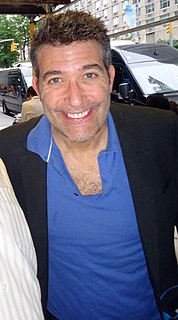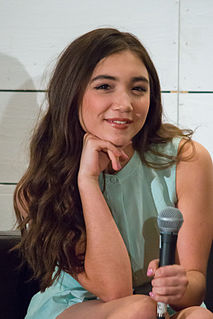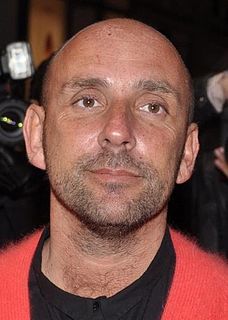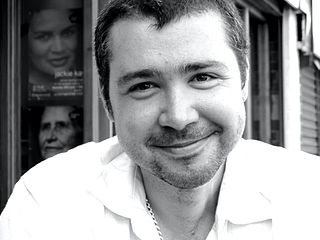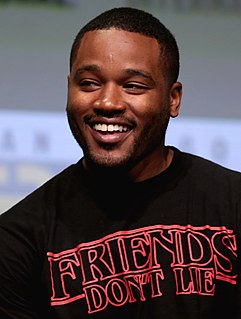A Quote by Philip Larkin
I am always trying to 'preserve' things by getting other people to read what I have written, and feel what I felt.
Related Quotes
I didn't feel that so much as an outsider when I started writing; I've felt that way all my life. I don't know, man; I guess I was just wired wrong. When I was growing up, I always wanted to be somebody else and live somewhere else. I've always felt a little uncomfortable around people. And I'm not trying to romanticize this, because it wasn't romantic. I wasn't trying to be a rebel; I just always felt a little out of it. I think that's why it's pretty easy for me to identify with people living on the margins.
I'm always trying to want to connect with fans and to connect them to each other. I mean, there's other things that I'm trying to do, but in terms of connectivity, that is really important to me. And I am a smaller artist still and there are people that are super passionate about my music, but not everyone in their circle knows about me. But yeah, I've always trying to find ways to connect fans to each other.
That the things that have impacted me most are not news articles written by older people that I would have no relation to; the things that impact me most are things written by people closer to my age. And I wanted to write things in a way where somebody my age could read it and feel like they are holding somebody's hand and be with somebody.
So, as opposed to getting people in to read the script and read scenes with me, what I wanted to do was sit down and chat to these people and just say, "Okay. Do you share my sense of humor? Do you understand what this film is getting at? Do you know the tone that we're trying to get to?" And it was interesting.
Dialogue that is written in dialect is very tiring to read. If you can do it brilliantly, fine. If other writers read your work and rave about your use of dialect, go for it. But be positive that you do it well, because otherwise it is a lot of work to read short stories or novels that are written in dialect. It makes our necks feel funny.
One of the coolest things about touring around, actually, is getting to meet people, and getting to pick up on things that other people like. So many times, people come up to me after a reading and say, 'You must have read this,' or 'You must have seen this,' or 'Do you listen to this?' Usually I haven't.
I'm always interested in hearing how other people read and react to my songs. I hadn't thought of it in just that way. One of the things I love about doing things that are creative is that I feel like it's my right as an artist not to be affected by the reactions of those people that are going to hear my songs. But I also feel like it's the right of the people hearing them to have their own interpretations of what these songs mean. Sometimes people will see things that I don't see.
I know a lot of other actors that don't like to look at other references to their characters and things. But I like it. I always look at everything, I read all the books. I read Dieter's "Escape from Laos." I watched the documentary again and again and again. I recorded it just to listen to him a lot. I just don't suffer from feeling like I'm getting caught into an imitation. I just feel like I want to steal some good stuff if it's in there.
One of the things that did intrigue me about when I read the pilot - because I had not read the books before doing the show - was the mystery aspect of it. I didn't feel that it was just a crime-based story. It really does have that mystery element, and it felt like a throwback to other shows in the past that had a bit more of that. There was something iconic about it. The fact that it's set in Boston gave it a feeling that was different to me. So, I am definitely more of a fan of mysteries than I am of a circular crime-based genre.
If you read the biographies of people who have written good books, you often see the point where they suddenly come into themselves, and those weeks in the spring of 1997 were when I came into myself as a writer. They feel like some of the best weeks of writing I’ll ever have. The discovery that I could write better about something as trivial as an ordinary family dinner than I could about the exploding prison population of the United States, and the corporatization of American life, and all the other things I’d been trying to do, was a real revelation.

